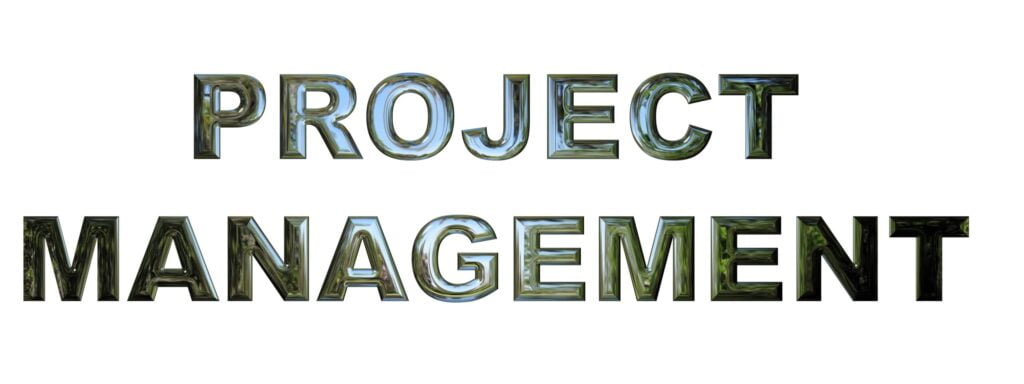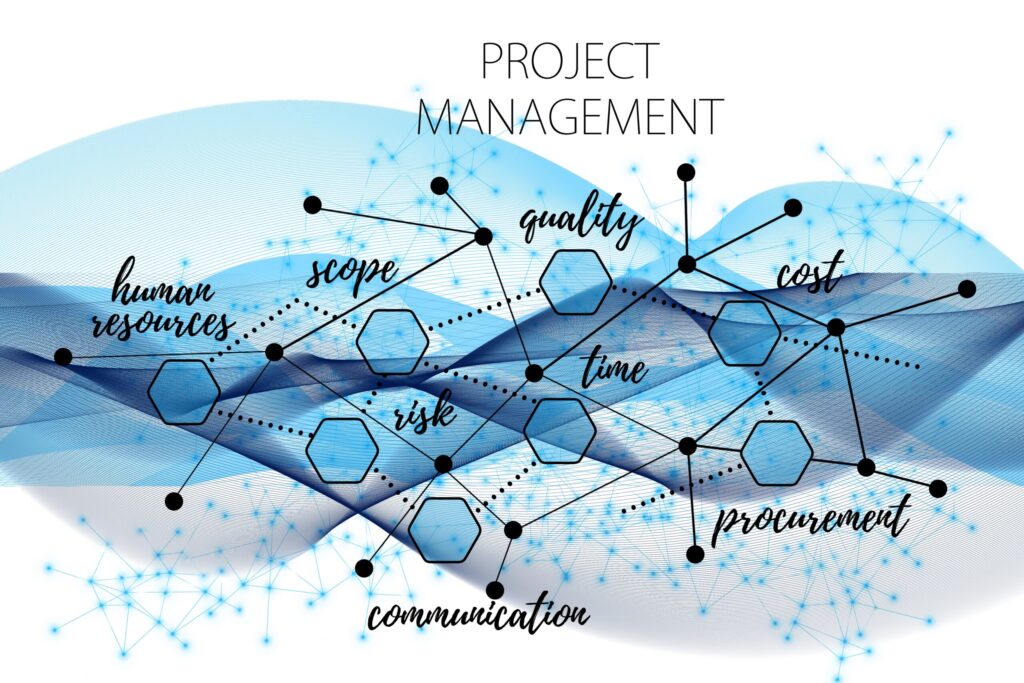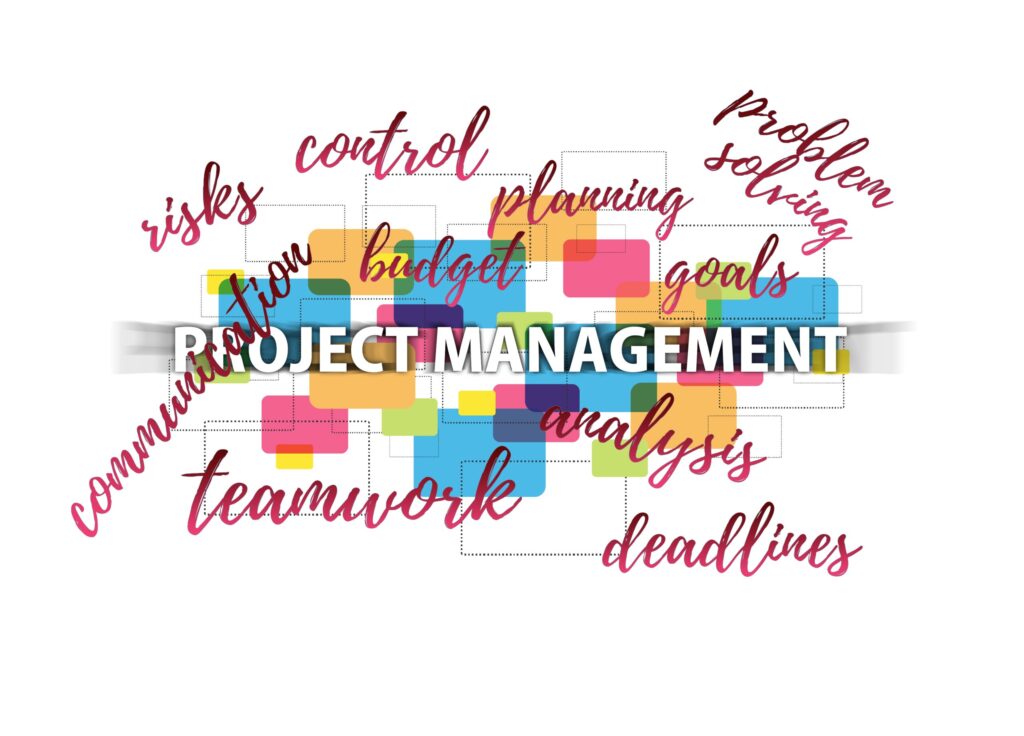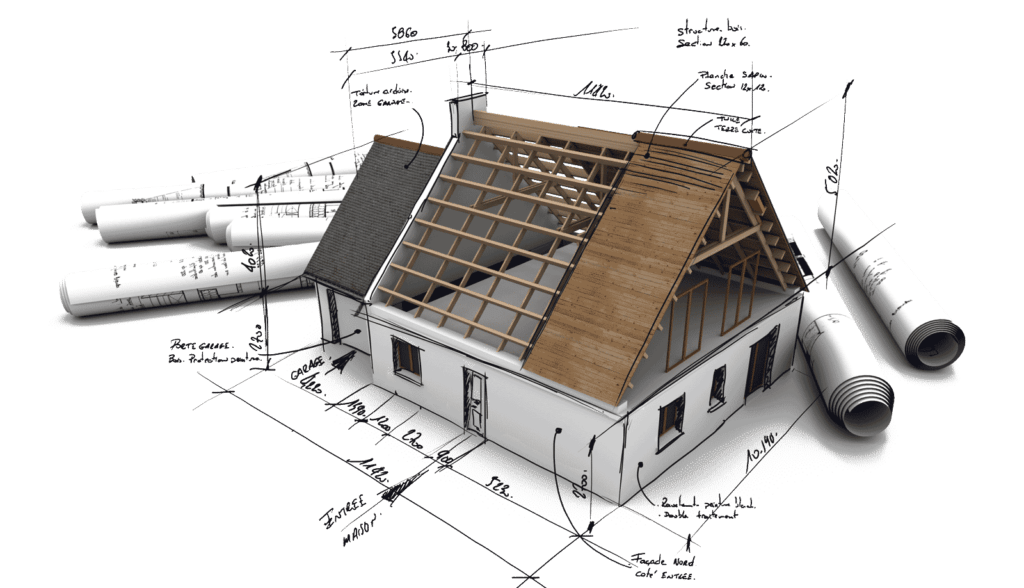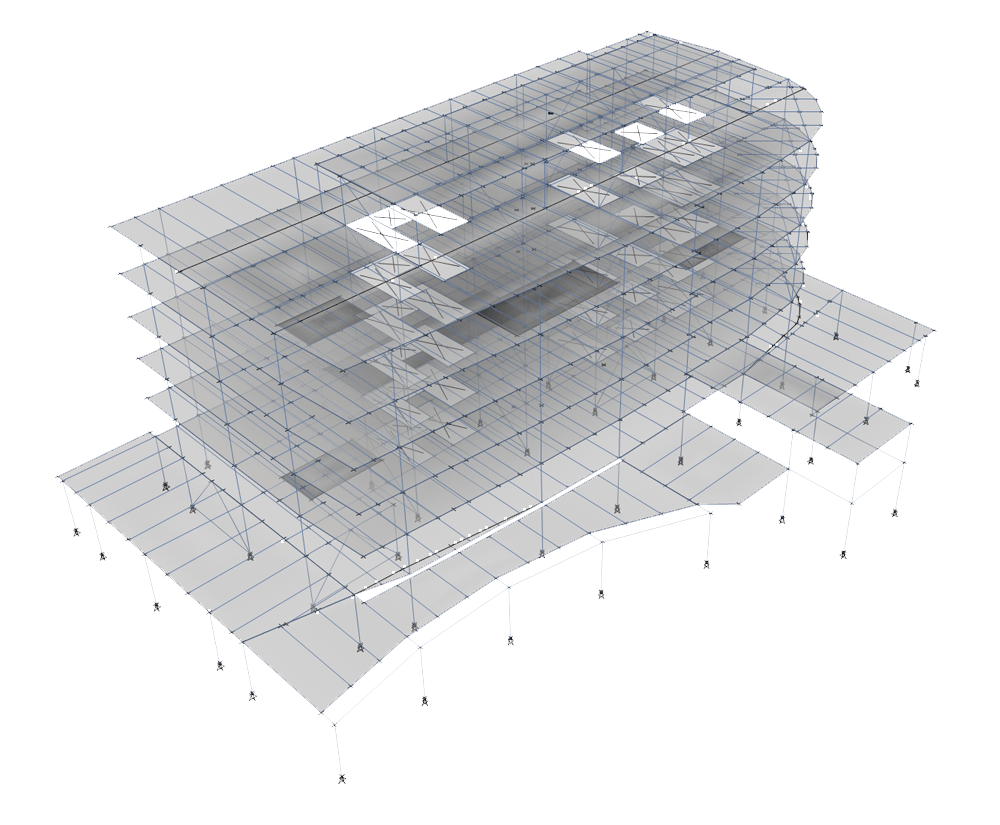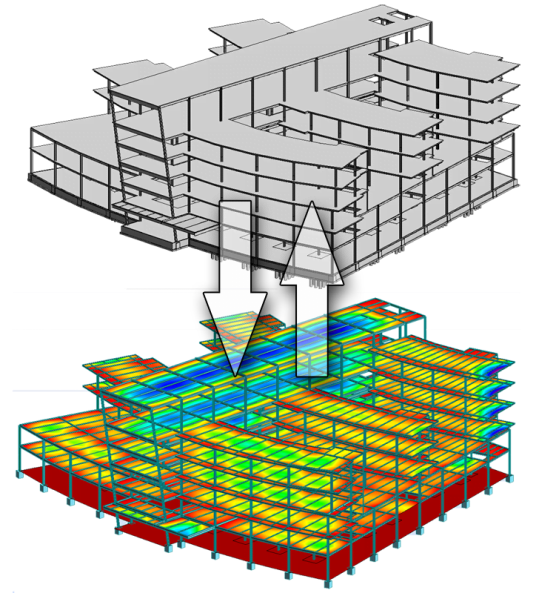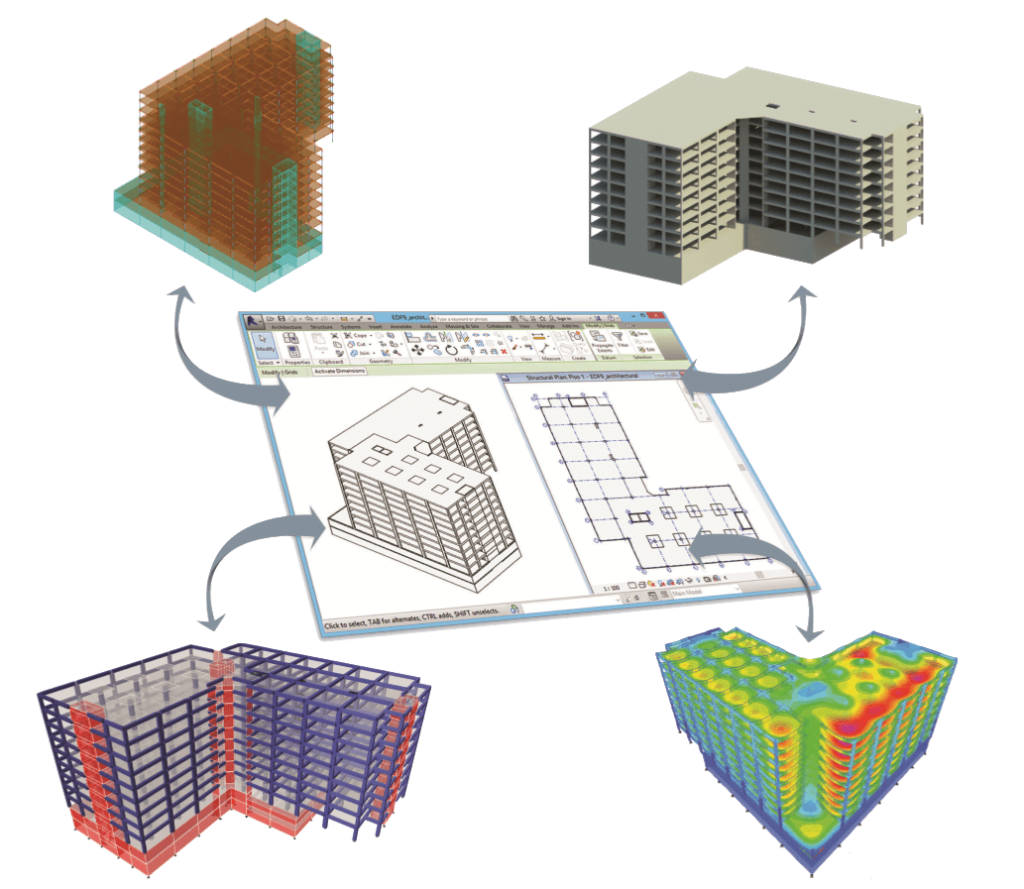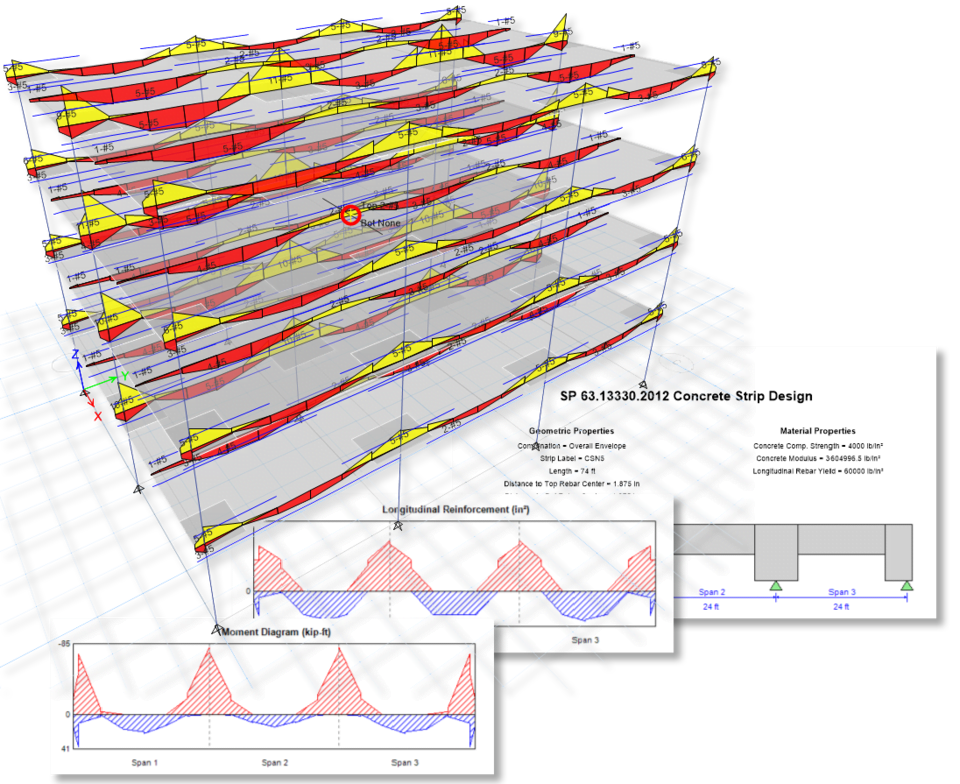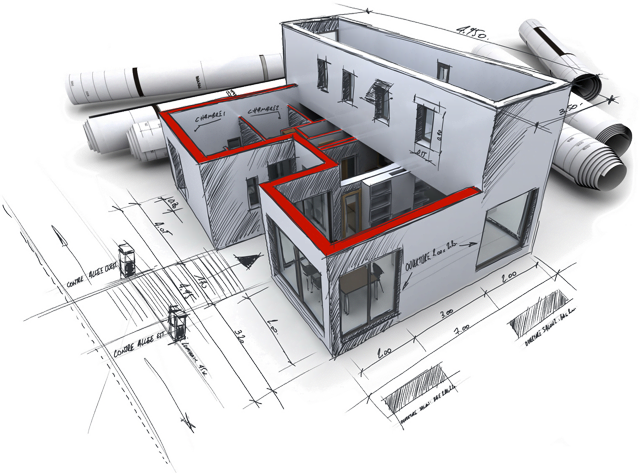What is Project Management Consultancy?
Why Project Management is required?
Some clients may wonder, "Why do I need project management? What does project management actually do?
Why spend the extra money?"
However, they don’t realize that, Spending some money on project management is not an expense but a safeguard for their dream project. It protects their investment, ensures the success of their lifelong achievements, and secures their retirement.
In fact, project management team reduces the costs, increases quality, and saves money through expert strategies.
Trust, it’s not a waste of money; instead, it’s a smart way to save money.
Must-Know Details for Smart Decisions
We will explore key factors when hiring a construction project management consultant. Consider their experience, expertise, and track record. Effective communication and collaboration between the consultant and your team. By the end of this guide, you will be able to make an informed decision for project success.
A detailed description about Project Management
In the dynamic realm of the construction industry, Project Management emerges as the unsung hero, orchestrating the symphony of tasks and timelines with finesse and precision. From groundbreaking to ribbon-cutting, project managers stand as the guardians of progress, navigating the labyrinth of logistics, deadlines, and budgets with an unwavering resolve.
They are the architects of order in a chaotic world of heavy machinery and bustling crews, seamlessly coordinating every facet of the construction process. With eagle-eyed attention to detail and a knack for problem-solving, they anticipate challenges before they arise and steer projects toward success with a steady hand. Through collaboration and strategic planning, they transform blueprints into reality, turning barren plots of land into towering edifices that shape skylines and communities alike. In the fast-paced world of construction, project managers are the linchpins, turning visions into concrete achievements that endure for generations to come..
The responsibilities of project managers in the construction industry are as diverse as the projects they oversee. They are entrusted with ensuring that every aspect of a construction project, from inception to completion, runs smoothly and efficiently. Here are some key responsibilities:
Planning:
Project managers develop comprehensive project plans that outline the scope, timeline, budget, and resources required for successful completion. They establish clear objectives and milestones to guide the project from start to finish
Budget Management:
They are responsible for managing project budgets, tracking expenses, and ensuring that costs remain within budgetary constraints. This involves monitoring expenditures, negotiating contracts with suppliers and subcontractors, and implementing cost-saving measures when necessary.
Risk Assessment:
Identifying and mitigating risks is a crucial aspect of project management. Project managers assess potential risks and develop strategies to minimize their impact on the project. This may involve implementing safety protocols, obtaining necessary permits and approvals, and addressing unforeseen challenges as they arise.
Quality Control:
Maintaining high-quality standards is paramount in the construction industry. Project managers establish quality control measures to ensure that work meets or exceeds specifications and regulatory requirements. They conduct inspections, review workmanship, and address any deficiencies promptly to uphold project integrity.
Schedule Management:
Project managers develop and maintain project schedules, identifying critical paths and dependencies to ensure timely completion. They monitor progress against milestones, identify potential delays, and implement corrective actions to keep the project on track.
Stakeholder Management:
Building and maintaining positive relationships with stakeholders is essential for project success. Project managers collaborate with clients, architects, engineers, contractors, and other stakeholders to align objectives, address concerns, and foster collaboration throughout the project lifecycle.
Overall, the Project Managers play a pivotal role in the construction industry, overseeing all aspects of project execution to deliver successful outcomes on time and within budget.
Architects play a key role in shaping the success of a project, bringing together creative vision, technical expertise, and practical knowledge to turn concepts into reality. Their keen understanding of design principles, building codes, and construction techniques ensures that projects are not only aesthetically pleasing but also functional and safe.
Beyond aesthetics, architects are skilled problem solvers, adept at balancing client needs, budget constraints, and regulatory requirements to deliver innovative solutions. Their ability to envision spaces that inspire, enhance functionality, and promote sustainability is invaluable in creating environments that enrich the lives of those who inhabit them. In essence, architects are the visionary leaders who guide projects from conception to completion, leaving a lasting impact on the built environment and the communities they serve.
The pivotal function of an Architect is outlined as follows:
Initial Consultation and Planning
Architects meet with clients to discuss project requirements, objectives, and budget constraints. They assess site conditions, zoning regulations, and environmental factors to inform the initial design concept.
Concept Development and Design
Architects develop conceptual designs and present them to clients for feedback and approval. They create schematic drawings, floor plans, and 3D models to visualize the proposed design.
Regulatory Compliance
Architects ensure that the design complies with building codes, zoning ordinances, and other regulatory requirements. They may obtain necessary permits and approvals from local authorities.
Collaboration with Project Manager, Engineers and Consultants
Architects collaborate with PMC team, structural engineers, mechanical engineers, and other consultants as required to integrate their expertise into the design. They coordinate the work of various disciplines to ensure a cohesive design solution.
Construction Documentation
Architects prepare detailed construction drawings, specifications, and bid documents to communicate the design intent to contractors and subcontractors. They may also assist in the contractor selection process.
Construction Administration
Architects provide on-site observation and supervision during construction to ensure that the project is built according to the design specifications and quality standards. They review shop drawings, respond to requests for information (RFIs), and issue clarifications as needed.
Client Communication
Architects maintain regular communication with clients throughout the project, providing updates on progress, addressing concerns, and soliciting feedback. They strive to ensure that the client's vision and expectations are met throughout the design and construction process.
Our team boasts an exceptional in-house architectural team, complemented by partnerships with trailblazers in specific fields. However, we offer flexibility; the clients may opt for our experts (or) select any other Architect with whom they are convenient.
The importance of structural design in the construction industry cannot be overstated. It forms the backbone of every building, ensuring structural integrity, safety, and longevity. A well-designed structure not only withstands the forces of nature but also optimizes space utilization, enhances functionality, and supports architectural aesthetics.
Structural engineers employ advanced techniques and materials to create innovative designs that meet building codes, standards, and client expectations. From towering skyscrapers to humble abodes, the structural design lays the groundwork for the built environment, shaping the landscapes of our cities and communities for generations to come.
Our team prides itself on our outstanding in-house structural engineering squad, fortified by collaborations with industry trailblazers. Yet, we provide flexibility: clients can either tap into our expertise or choose professionals with whom they already have a rapport.
Detailed Description about Disputes & Claims
Ensuring the successful completion of the project without delays or disputes is a shared goal for all involved. However, despite our best intentions, unforeseen circumstances can sometimes cause delays, leading to disagreements and potential claims for damages, often initiated by the contractor. In such instances, it's common for the client to hold differing views regarding these claims, further complicating the resolution process.
Numerous factors contribute to disputes within a project, potentially leading to claims and culminating in arbitration. The analysis of dispute categories is outlined as follows:
The Delay
The delay is examined and validated based on the following categories.
- Delay by contractor's negligence
- Delay by client's decision
- Concurrent delay
- Delay due to Variation (Qty) work
- Delay due to Additional (Item) Work
- Delay due to third party or govt authorities
- Delay due to force majeure
Extension of Time (EOT)
Assessing the Extension of Time (EoT) holds paramount importance in the claims process, as it signifies an approved extension period for the contractor without incurring penalties. This evaluation hinges solely on justified delays. such as:
- Eot for delay in client decision
- Eot for additional works
- Eot for variation
- Eot for third party approvals (govt)
- Eot due to force majeure
Disputes
Disputes predominantly emerge from unjustified delays, including:
- Contract Disputes
- Delay Claims
- Cost Overruns
- Defect Claims
- Payment Disputes
- Change Order Disputes
- Breach of Contract
- Performance Bonds
- Warranty Claims
- Professional Negligence
- Suspension of the project for a period
- Cancelling the project after work order or commencement
Claims
Claims represent the financial impact sought by the contractor (mainly), typically articulated as intentions in dispute resolutions.
- Direct Financial loss
- Demurrage on the idle equipment and loss of production
- Interest on financial loss
- Loss of Profit
- Loss of opportunity
- Loss of reputation
Arbitration
Arbitration and negotiation pose significant challenges in claims resolution. This involves analyzing the financial impact on the contractor and the resulting loss for the client, culminating in reaching a conclusion and further negotiating to achieve an amicable settlement.
Here are a few important points about the situations typically handled to reach an amicable solution during arbitration:
- Understanding the Prospects
- Evidence Presentation
- Open Communication
- Mediation Efforts
- Legal Analysis
- Cost-Benefit Analysis
- Creative Problem-Solving
- Maintaining Relationships
- Compliance with Legal Procedures
- Finalizing Terms
Our Expertise
Navigating the complexities of construction disputes requires a deep understanding of the industry and the legal landscape. Our seasoned professionals are adept at handling a wide range of issues, including contract disputes, delay claims, cost overruns, defect claims, and more. Whether you are a contractor, developer, or project manager, we provide tailored strategies to resolve conflicts efficiently and effectively.
Comprehensive Services
From claim preparation and assessment to expert witness services and legal representation, our company offers a full spectrum of dispute resolution services. Our approach combines rigorous forensic analysis, schedule and quantum assessments, and thorough risk management to deliver clear, actionable solutions. We are committed to achieving the best possible outcomes for our clients through meticulous planning and strategic negotiation.
Why Choose Us
At Pinnacle Project Solutions, we understand that construction projects are complex and disputes can be costly. Our team is dedicated to minimizing your risks and ensuring that your projects are completed smoothly. With a proven track record of successful dispute resolution and arbitration, we are your trusted partner in navigating the challenges of the construction industry. We are dedicated to providing comprehensive solutions for all construction-related disputes and claims. With years of experience in the industry, our team of experts specializes in construction arbitration, mediation, and negotiation, ensuring that your projects stay on track and your interests are protected.
Contact Us
If you are facing a construction dispute or need assistance with a claim, don’t hesitate to contact Pinnacle Project Solutions. Our expert team is ready to provide you with the guidance and support you need to resolve your issues and move forward confidently. Reach out to us today to learn more about our services and how we can assist you.
Brief Note on Turnkey Projects
Turnkey projects in the construction industry refer to a type of project delivery where the Project Management is responsible for completing the entire project from start to finish, ready for the client to use immediately upon completion. This includes everything from design, procurement, and construction to commissioning and handover. The term "turnkey" implies that the client only needs to "turn the key" to start using the facility, without having to manage any of the construction processes themselves.
Key Features of Turnkey Projects
Single Point of responsibility
The project manager handles all aspects of the project, reducing the client's burden and risk.
Fixed Price Contract
Typically, these projects are based on a lump-sum contract, providing the client with a clear cost upfront.
Defined Scope and Schedule
The scope of work and project timeline are clearly defined, ensuring timely delivery and budget adherence
Quality Assurance
The project manager ensures that the project meets all specified quality standards and regulatory requirements.
Minimal Client Involvement
Clients can focus on their core business activities, as the project manager manages the entire construction process.
Differences Between Turnkey & Project Management
Scope of Responsibility
Turnkey Projects: The project management is responsible for the entire project from inception to completion, delivering a fully operational facility.
Project Management: The project manager oversees and coordinates various aspects of the project, but the actual construction work is done by different contractors and subcontractors.
Client Involvement
Turnkey Projects: Client involvement is minimal after the initial project brief and contract signing. The contractor handles all subsequent stages.
Project Management: The client is often more involved in decision-making and approvals throughout the project lifecycle.
Contract Type
Turnkey Projects: Usually involves a fixed-price or lump-sum contract, which minimizes financial risk for the client.
Project Management: Contracts can be more varied, including time and materials, cost-plus, or unit price agreements, potentially increasing the client's financial risk.
Risk Allocation
Turnkey Projects: The project manager assumes most of the project risk, including cost overruns, delays, and quality issues.
Project Management: The client shares more of the risk, especially if multiple contractors and subcontractors are involved.
Flexibility
Turnkey Projects: Less flexibility for changes once the project has started, as the contractor works towards a predefined scope and budget.
Project Management: More flexibility to make changes during the project, as the project manager can adjust plans and coordinate with different stakeholders.
Cost Control
Turnkey Projects: Costs are generally controlled by the project management within the agreed fixed price.
Project Management: The project manager works to control costs, but unforeseen expenses and changes can lead to cost overruns.
Conclusion
In summary, turnkey projects offer a streamlined approach with a single point of responsibility and less client involvement, ideal for clients who prefer a hands-off approach. In contrast, project management in construction involves more client involvement and coordination with various contractors, offering greater flexibility but also requiring more active client participation and risk management.
Contact Us
Reach out to us today to experience seamless, sophisticated turnkey solutions tailored to your high standards and exclusive vision. Our expert team is dedicated to transforming your dreams into reality with precision and excellence. Discover how our comprehensive services can simplify your journey from concept to completion, ensuring a luxurious and hassle-free experience.
Enjoy Stress-Free Projects with Turnkey Solutions
Are you busy and seeking a hassle-free solution? Explore the benefits of Turnkey Projects.
With a turnkey project, we handle everything from start to finish. This means we take care of design, procurement, construction, and handover, so your new facility is ready to use as soon as it's completed. All you need to do is "turn the key" and enjoy the results.
By choosing a turnkey project option
You can focus on your core business activities, as the project manager manages the entire construction process for you. Experience a smooth, worry-free process with our comprehensive approach..
At Pinnacle Project Solutions, we offer comprehensive construction project management services. Our services include project planning, scheduling, site management, and project closeout. Our experienced team ensures every phase is handled with precision and care.
We guarantee that your construction projects stay within budget and meet high standards. We use advanced software like Procore, Primavera P6, and Microsoft Project to streamline project execution and track progress. Tailored Solutions for Your Construction Needs
We serve different clients, such as owners, general contractors, developers, architects, and engineers. Pinnacle Project Solutions provides project coordination, risk management, and resource allocation. We ensure on-time project delivery and maintain a safe, efficient work environment. Leading Construction Management Experts
Pinnacle Project Solution is Based in Pondicherry / Tamil Nadu - India, Pinnacle Project Solution is your trusted partner for construction project management. Our experts use Building Information Modeling (BIM) and lean construction practices to achieve efficient outcomes. Contact us to learn how we can help you with project oversight and contract management.
We use the latest tools like Primavera, MS Project, Gantt charts, AutoCAD, and Bluebeam. These tools help us provide detailed documentation and track progress. Our commitment to Integrated Project Delivery (IPD) ensures successful collaboration and project completion.
Having trouble finding the right consultant for your construction project management needs? No worries—we’re here to assist. Whether it’s a Building or an Industrial project, we’ll provide you with valuable tips, expert advice, and best practices to ensure you make the right choice.
Hiring a project management consultant can be challenging. You need to understand your project's unique needs and goals.
Concept to Completion : We've Got You Covered
Your One-Stop Service Destination
Dedicated to Serving Project Management Requirements Across All of India
Don't settle for just any consultant. Hire us; We are the right project management consultant for your construction project.


